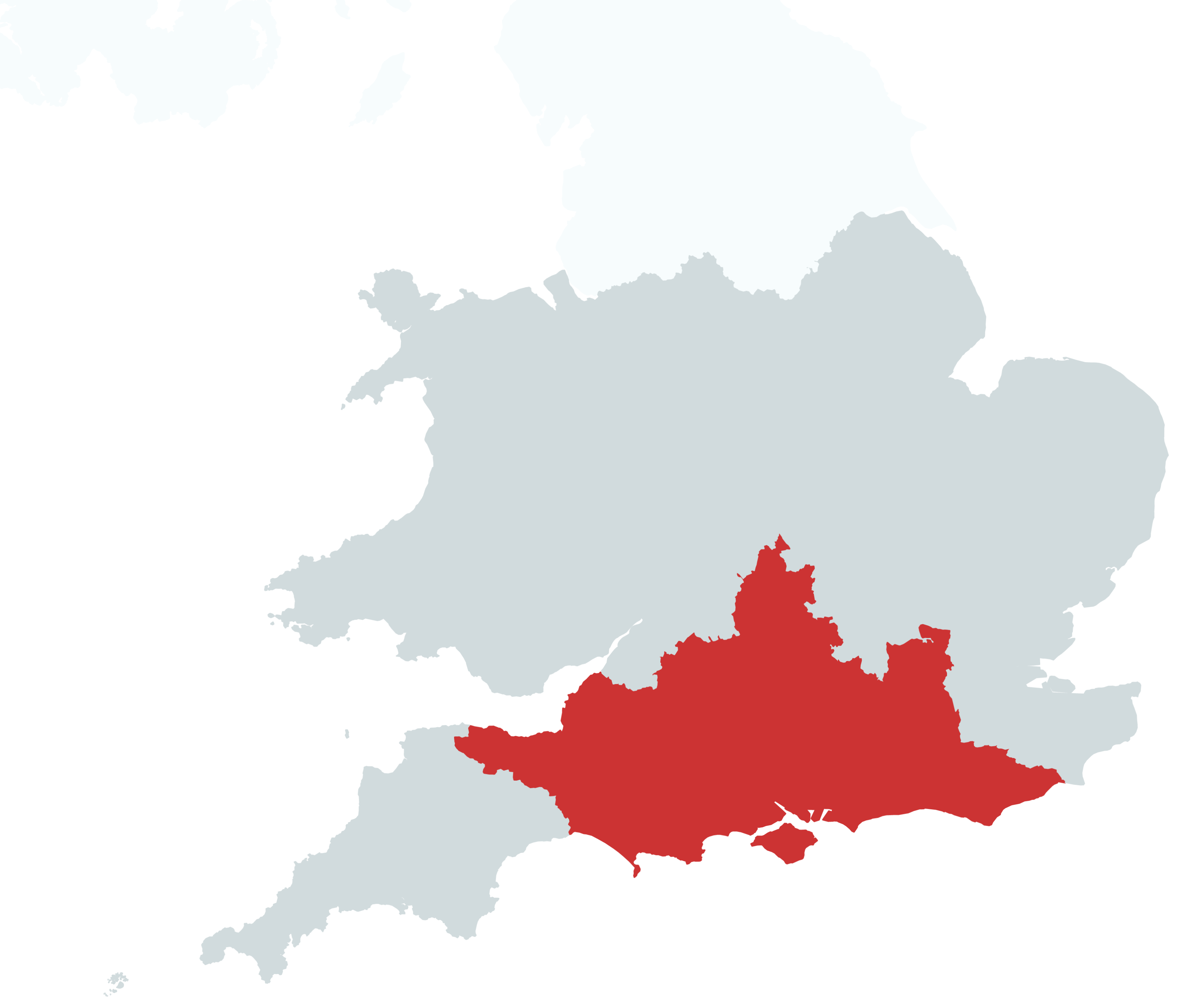Roy Jenkins the deputy leader of the Labour party between 1970-1972 once described inheritance tax as “a voluntary levy paid by those who distrust their heirs more than they dislike the Inland Revenue.”
What he meant by this is that inheritance tax can be avoided if you plan for it. As with everything, the earlier you start planning the easier it is to achieve.
How does inheritance tax work?
When you die your assets are passed on as you have instructed in your will. However, before they can be passed on your estate will be valued and tested for any inheritance tax liability.
Everybody has a basic allowance (nil-rate band) of £325,000 which can be passed on tax free. Your estate may also be eligible for the Residence Nil-Rate Band, on the value of your main residence, of £175,000. Anything above these amounts may be subject to inheritance tax.
However, all transfers between spouses are not liable for inheritance tax and any unused nil-rate bands can be passed on to the spouse. This means if a husband leaves his entire estate to his wife she will have no tax to pay and will have a Nil-Rate Band of £650,000 and a Residence Nil-Rate Band of £350,000.
Any amount in excess of these nil-rate bands, or any other exemptions, will be taxed at a rate of 40%.
Let’s take a look at how the exemptions work when calculating inheritance tax. The following is a fictitious example and for illustrative purposes only:
John and Susan are married and have a house worth £850,000 and other assets worth £500,000. In 2021 John died and left all his assets to Susan. As this was a transfer between spouses there was no inheritance tax and Susan inherited John’s nil rate bands.
If Susan died in June 2024 the following calculation would take place:
House value £850,000
Less Susan residential nil-rate band £175,000
Less John’s residential nil-rate band £175,000
£500,000
Plus other assets £500,000
£1,000,000
Less Susan’s basic nil-rate band £325,000
Less John’s basic nil-rare band £325,000
Amount liable to inheritance tax £350,000
Inheritance tax owed (40%) £140,000
How can I reduce the amount of Inheritance tax I will be charged?
40% of your estate can be a huge tax to pay and many people want to ensure that their families are the main beneficiary of their estate and not the taxman. The good news is that there are several options when it comes to minimising the amount of inheritance tax your estate may be liable to. This is called estate planning.
Estate planning is a delicate matter and requires a comprehensive approach as we need to look at your entire estate. This allows us to determine how much tax you may be liable to and what options are appropriate for you.
Some options may include buying insurance. This does not reduce the amount of inheritance tax paid but means that the insurance provides a lump sum to pay the tax instead of it coming from your estate. Other options include investments that the government has given special incentives to encourage people to invest in those areas. These are often inheritance tax efficient.
These are just two options and it may be a combination of different options that gives the best outcome for you. It is important to seek advice on estate planning as it is a complex area and can be very expensive if you get it wrong.
